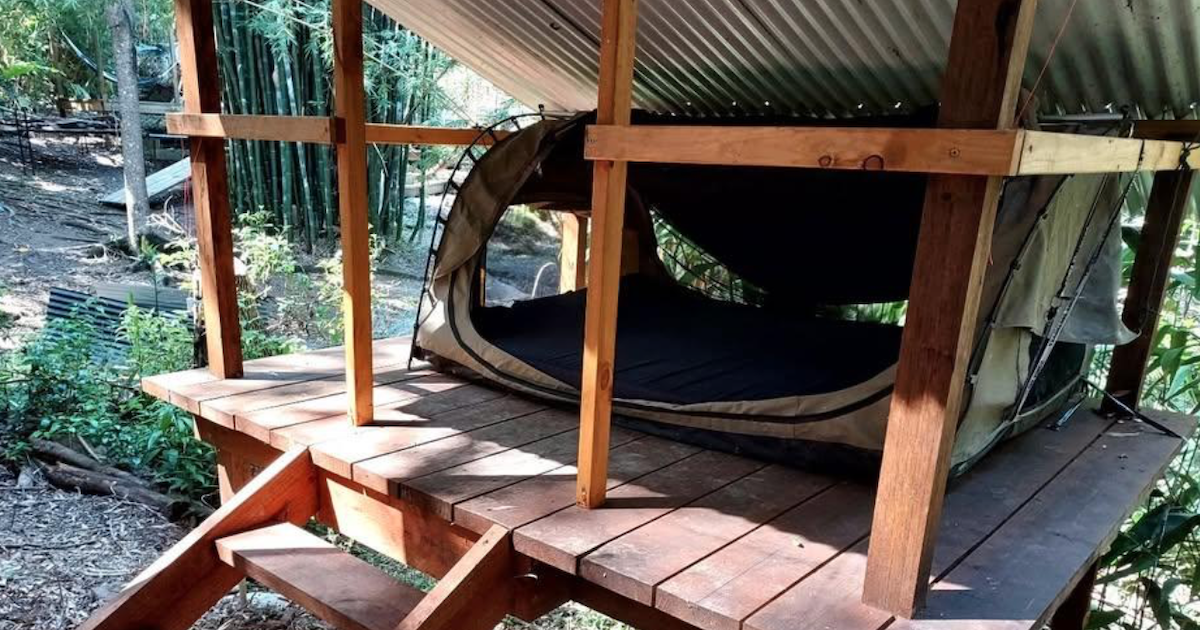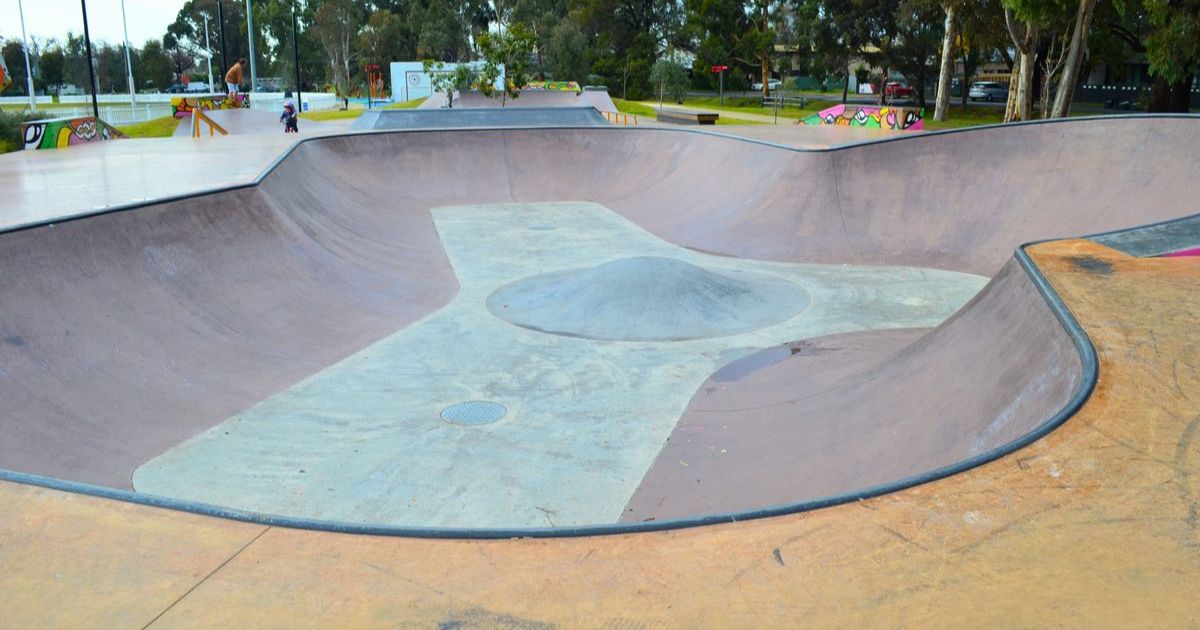Remembering the Battle for Australia

Air Force allies: Lieutenant Colonel David Arden coordinated last week’s Battle for Australia service in Melbourne, where Noel Hutchins was a guest. Photo: EDWINA WILLIAMS
A COMMEMORATIVE service, highlighting the Battle for Australia was held last Sunday afternoon at the Air Force Association Ballarat Branch Rooms.
The informative casual gathering acknowledged the Australian service people who endured and repulsed Japanese attacks from 1942 to 1945.
Actually a series of battles, events, deployments, skirmishes, raids and actions, the Battle for Australia saw the nation’s Army, Navy and Air Force have a presence in the Coral Sea, Kokoda, Bismarck Sea, Milne Bay, Darwin and beyond.
Guest speaker, Lieutenant Colonel David Arden, Chair of the Victorian Committee, Battle for Australia Foundation said it’s an honour to have the opportunity to remind people of the many sacrifices made.
“There’s a combination of people forgetting what went on, and people just not being told,” he said.
“In this terrific country, we’ve got so many people from overseas backgrounds that don’t recognise what happened, and it wouldn’t be like this without their work and sacrifices.
“It’s most important to me to tell as many people as we can, spread the word, remind people and advise others who don’t know what happened.”
One of the reasons Lieutenant Colonel Arden is still in the Army Reserve is so wars like the Battle for Australia don’t happen again.
“The more people are aware of the horrific nature of war, and the human and financial cost, the better,” he said.
Local Air Force Association President, Noel Hutchins conducted a survey with his Ballarat Branch, deciding a commemorative event should be held on one Sunday either side of the first Wednesday in September each year, avoiding Fathers’ Day.
“It serves to educate the public about our war against the Japanese in the Pacific and on our own doorstep,” he said.
“A Battle for Australia commemoration is not about an individual battle, it is a commemoration remembering all those that lost their lives, and honours all those who played a part in our defensive war against the Japanese.
“That includes all of our Australian servicemen, the Americans and those of the Merchant Navy of all nationalities, not forgetting the suffering of the peoples of the pacific and our friends in New Guinea.”
Two hundred and eighty-one men who trained at RAAF Ballarat’s No 1 Wireless Air Gunners School during the Second World War, died in operations against the Japanese.
The Australian death toll from action was 8274. Adding prisoner of war deaths and those who died from wounds, the total reaches 17,501.
“Of course, there were also casualties among the civilian population, including the lives lost with the bombing of Darwin,” Mr Hutchins said.
“Thirty Merchant ships were lost to enemy attack in Australian waters with a resulting 654 deaths.”


















